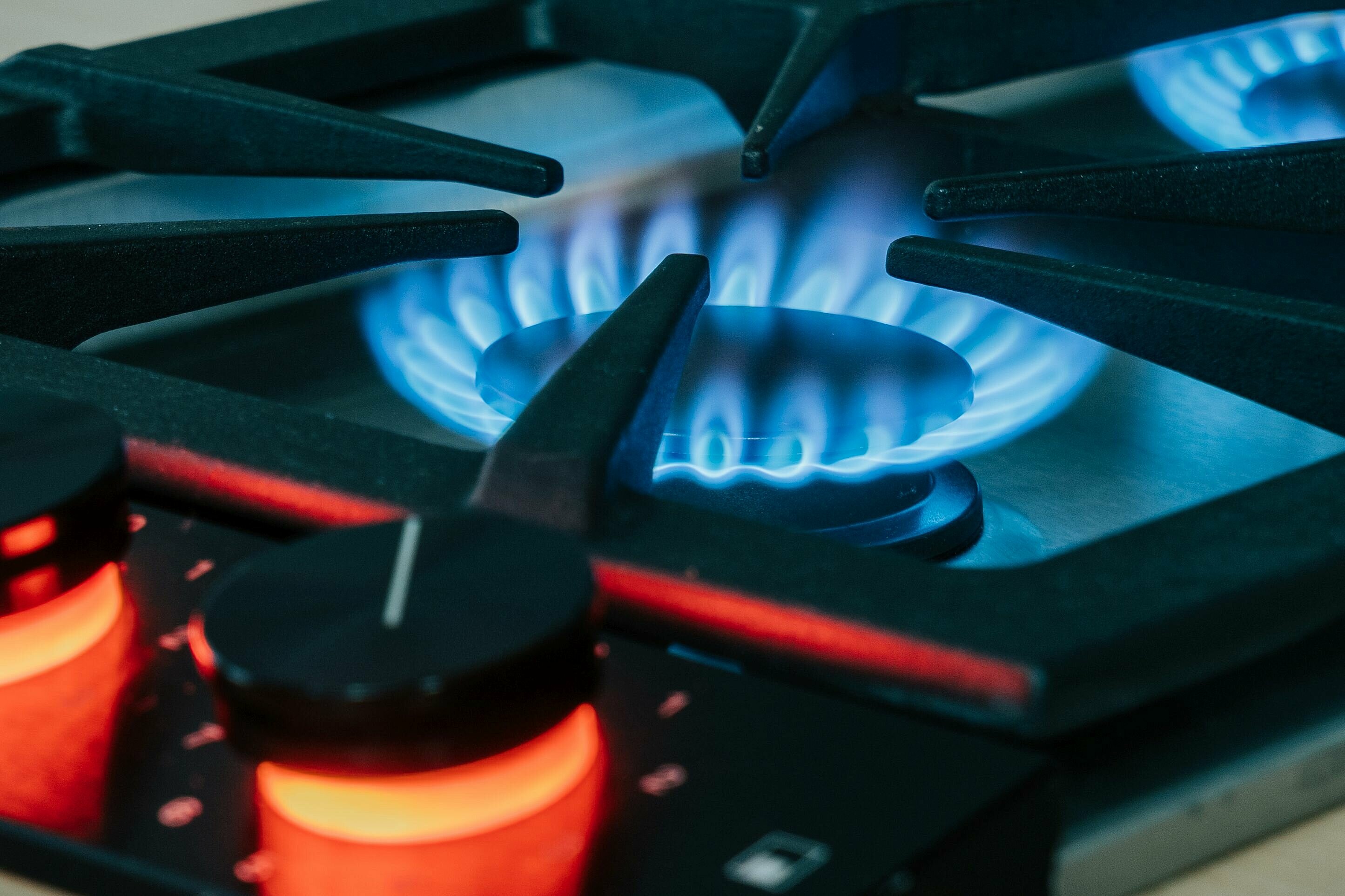

The DVGW supports the gas and water industry in all technical and scientific areas. The main focus of the Association’s work is on safety and hygiene as well as environmental and consumer protection. The DVGW elaborates technical rules designed to promote the technical self-management of the German gas and water industry, thus ensuring the safe and secure supply of gas and water according to the highest international standards. The Association, which was founded in 1859, currently has approximately 14,000 members. The DVGW is free from economic and political influences.
www.dvgw.de/english-pages


The test equipment of the Test Laboratory Gas provides capabilities for testing gas appliances up to a power of 600kW (with test gases).The safety of innovative technologies, such as fuel cells, gas heat pumps and combined heat and power units can also be assessed and analysed based on energy considerations. The focus here is on the national and European standards as well as the Gas Appliance Regulation ((EU) 2016/426). The Test Laboratory Gas is also able to advise on/assist with field tests.
Based on regulations 811/2013, 812/2013, 813/2013 and 814/2013 of the European Union, room and water heaters to be operated in the European area have needed to fulfil the ecodesign requirements since 26 September 2015. Energy efficiency labelling is also required. In particular, the ECO Label applies for gas heat pumps, for which the DVGW Research Center is the notified body (download here the list of test laboratories). As a result, an independent body is required to submit a confirmation statement concerning the efficiency figures as part of the execution of the manufacturer requirements.
Besides drafting the ZP 3100, this specialist laboratory has already supervised the testing of several approvals under the ZP 3100 that led to certificates in line with the Gas Appliance Regulation (GAR). A number of field tests on 100% H2 have also been conducted. These tests involved setting up a gas mixing plant that enabled H2 to be mixed in natural gas. This allows more than 60% H2 to be mixed in natural gas. Naturally, 100% H2 is also possible either via the gas mixing plant or separately installed pipelines via H2 cylinder racks.
The Test Laboratory Gas supports the implementation of new requirements and offers all the necessary tests and inspections. These include, among others:
The following product groups can be tested:
Find out about the organisations with which the research centre is accredited here
Bildmotiv Seitenanfang: © Matthias Bitsch